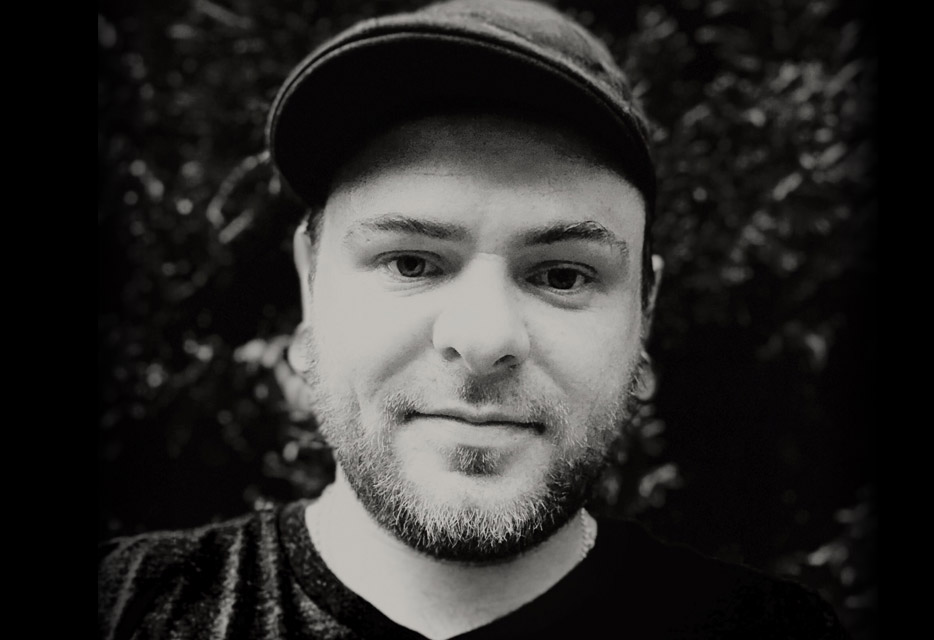When your vices turn into something more, and you can’t see past your next ‘fix’, you’re considered addicted. An addict is, as defined by the Cambridge English Dictionary, ‘a person who cannot stop doing or using something, especially something harmful‘. Addiction destroys lives and yet it’s something which can happen to anyone, regardless of race, income or upbringing. We cannot imagine what it’s like to be fixated so strongly on something so much that it controls us, so we spoke with someone who did. Peter Lang, a recovering alcoholic and drug addict, tells his story about his battle with drugs and alcohol and his recovery.

Peter Lang
Four years ago, I was living on the streets of Philadelphia. I drank so much that my hips were collapsing from avascular necrosis, and I became addicted to heroin to deal with the pain. After I got hit by a car, my life changed completely. As I was lying in the hospital, I made secret plans to take my own life.
On a whim, I decided to call my mother who I hadn’t spoken to in years. She told me I could come stay with her in Atlanta so I did. I had both my hips and my femur replaced, and she took care of me for over a year as I recovered from the surgeries and lived life in a wheelchair.
It was then that I started going to church, made some friends who would change my life, and met the woman who would eventually become my wife. It was a long process involving many relapses, but eventually, I got sober.
I owe my life to so many people: my mother, who took me in and took care of me; my wife and her family, who believed in me when I couldn’t believe in myself; and the people I met in 12-step programs who helped me find my way to recovery. Now, I live in a beautiful home with my loving wife, I work full-time as a freelance writer and marketer, and I get to give back and help others struggling with the same addictions I have struggled with my entire life.
As I share my story with others, there are many questions that I often get asked. Today, I wanted to answer some of them to help share my story of recovery with you:
Why were alcohol and drugs so attractive to you?
Alcohol and drugs may have seemed attractive at first when I was young—before I even did them—as a way to rebel. Then I discovered they provided relief from emotional and physical pain. By the time I realized this relief was short-lived and actually caused more pain that I was in to begin with, it was too late. It didn’t take long for them to become something I needed. If I didn’t drink or use drugs, I would experience horrible withdrawal symptoms.
When did you know you had a problem?
I grew up in a family of recovering alcoholics and 12-step meetings so right away, I knew I had a problem, although I refused to admit it. Even as I had several friends and family members attempt interventions in the first few years, I denied my disease.
What was the turning point of recovery for you?
I have had a number of turning points in my life. My hips collapsing, the car accident, meeting my wife, finding my faith. But even through all of that, I continued to have relapses. I have rebuilt my life, though, and I am blessed with so much now. I think the final turning point for me came when I realized I could lose it all.
How can someone help themselves if they recognize they’ve got an addiction?
If you realise you have a problem, go to a 12-step meeting, go to A&E, grab a policeman off the street, seek professional inpatient addiction treatment*, turn to your friends or family. The main thing to remember is that it’s crucial to ask for help. You can’t face addiction alone.
How can loved ones help someone if they suspect they have a problem?
I think the main thing you need to do is pay attention to what the person needs. Sometimes they may need to fall on their face before they realize they need your help. You can also find support from other loved ones of addicts and alcoholics at Alcoholics Anonymous and Nar-Anon meetings.
What are the long-term consequences of alcohol and drug addiction and can they be offset?
Addiction causes the deterioration of the body, mind, and spirit. This cannot be avoided. The good news, though, is that in a recovery program, they can be rebuilt.
What three things are you most grateful for?
My wife, that I’m able to walk again, and that I don’t have to chase something every morning just to avoid being sick.
What keeps you from reverting to previous behavior?
My faith in God and my relationship with my wife.
I hope that my story has been helpful and given you hope. Whether you’re facing addiction, health issues (mental or physical), or any other challenges, it’s important to realize that our obstacles often become our opportunities.
Peter Lang is a freelance writer from Atlanta, Georgia. In recovery himself, he dedicates his life to helping others who struggle from alcohol and drug addiction.
* If you think you may be an addict or want more information on helping someone you suspect is, the charity Mind has excellent resources.
Leave a Reply